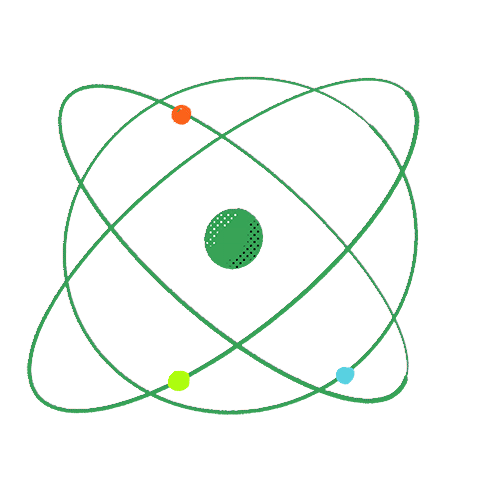
Air Cusion Track
Turn on the compressed air and see how easily the little cradle slides along the bar. But what happens when the air is turned off?

In Force and Motion, we explore technological and physical phenomena that are all around us. Use your own body to understand how invisible phenomena such as magnetism, gravity and gyro forces work.
Using simple machines, such as wheels, levers and inclined planes, we take a closer look at how force is used to perform mechanical work. Lift, cycle, balance and spin - and feel the power.




Turn on the compressed air and see how easily the little cradle slides along the bar. But what happens when the air is turned off?


Build a bridge and test to see whether it can bear your weight. The challenge can also be taken by a group. How many can the bridge hold? How can it be so stable?


Try lifting at different distances from the stone. What do you feel? What happens if you're closer or farther away?


Can you detect the direction of motion? Crank the handle to set the experiment in rotation. Look at the two attached spirals. Are they moving? Look carefully at the two metal rings hanging on the spirals. Are they moving?



The bicycle is connected to a generator that converts the energy of motion (kinetic energy) from pedalling to electrical energy. How fast can you get the lights to flash? Pedal and test yourself!


Turn the disk through 180° and watch the neodymium magnets fall at different speeds. Why? And why does the magnet on the wooden rod fall freely?


Sit on the stool and hold the bicycle wheel. Start it spinning, then try to turn its axle. What happens if you tip it over, what motion does the wheel take on?e!


Are you charged? Place one hand on the aluminium plate and the other hand on the copper plate and see what happens.


Tilt the top panel a half turn. It tilts forwards ever other time and backwards every other time. Feel which way it is tilting right now. Release the panel.


What would it feel like to be a little marble rolling along the track? Marbles that fall vertically fall at a high speed. The speed is reduced in the Marble Race. Which track is the faster?


Is the sculpture a depression or does it protrude? Light and darkness can be reinterpreted so that your brain sees it as a normal three-dimensional sculpture.


The planetary orbit shows the motion of planets around the sun, using coins as models for the planets.



Put your ear against the marked focal point. Can you hear the radio when the sound is captured by the other parabolic antenna?


Can you turn sand on a potter’s wheel? This experiment allows you to try. Pour sand onto the disk and start the motor.


Two marbles race against each other with the starting blocks and finishing tape at the same place, but differing in the distance travelled and the gradient of the track. In the arc-shaped track the marble accelerates rapidly.


You might be familiar with the way a Slinky toy turns somersaults down stairs. We put our Slinkys on a treadmill. How fast can the Slinky travel?


When the powerful magnet is set in motion above the solid copper element, a magnetic field arises that is so strong that the magnet appears to hover.



Can you lift yourself? You can in this experiment. The experiment illustrates tensile forces and gravity forces. Come and give yourself a lift to a level you may have thought was impossible.



Sit on the stool, tilt the spinning wheel and examine how your body moves. Do you feel the difference if you stand on the rotating plate?


We have a skateboard ring with a difference on the second floor. But we call our skateboards “turtles”. Just imagine – you can sit down and ride a skateboard!




